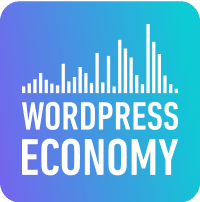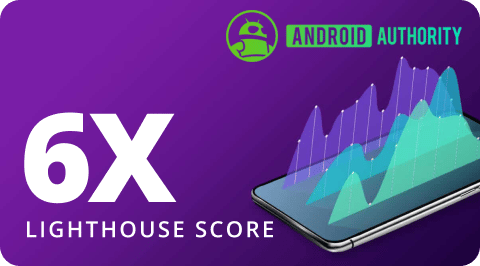WP Engine Supports a Fully Open, Free, and Unbiased Internet
Reports were circling yesterday that FCC Chairman Tom Wheeler would propose “new rules on Internet traffic that would allow broadband providers to charge companies a premium for access to their fastest lanes.”
Net Neutrality means there is no paid fast lane
Last night, the Chairman claimed that those reports were “flat out wrong.” Then today he published a post on the FCC blog purporting to “set the record straight.” The core message of the FCC Chairman’s post is that the new rules will propose:
- That all ISPs must transparently disclose to their subscribers and users all relevant information as to the policies that govern their network;
- That no legal content may be blocked; and
- That ISPs may not act in a commercially unreasonable manner to harm the Internet, including favoring the traffic from an affiliated entity.
Unfortunately, as The Verge has noted, that clarification from the FCC Chairman is vague. Being prevented from acting in a “commercially unreasonable manner” does not necessarily mean that preferential access will not occur. The Verge Reporter Chris Welch explains:
The big question is what the FCC considers to be reasonable. Right now, the commission doesn’t have a final answer… Based on that statement, the FCC seems aware that this “pay for access” aspect could bring on some trouble. But the FCC won’t eliminate the idea entirely.
WP Engine supports an open internet. What we mean by that is we support full, free, and unbiased openness—that is, no form of preferential access, whether it be deemed “reasonable” in terms of competition and consumer policy or not.
As we’ve said previously, WP Engine is built on WordPress, the largest open-source content management system on the web, which was built to democratize publishing. The openness of WordPress has, over the past 10 years, created countless opportunities for tens of thousands of people worldwide to innovate, publish new ideas on the web, and build successful businesses from the ground up.
With these founding principles in mind, we support of a free, open, and unbiased Internet, where everyone—big or small—has an ability to innovate, make great products, and improve people’s lives.












Start the conversation.